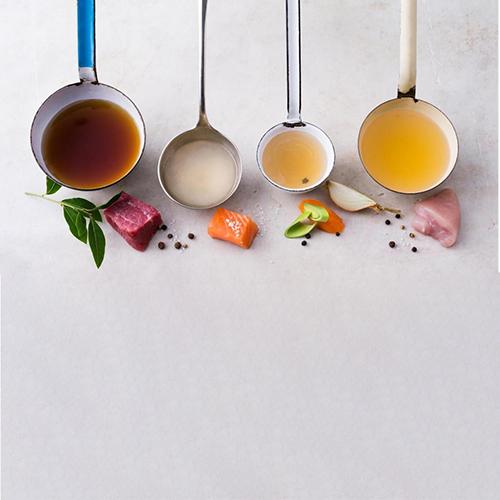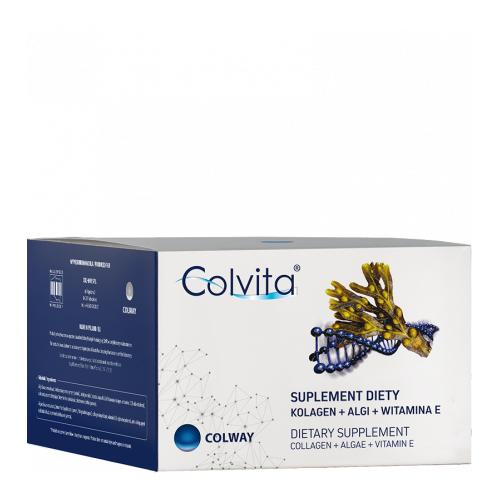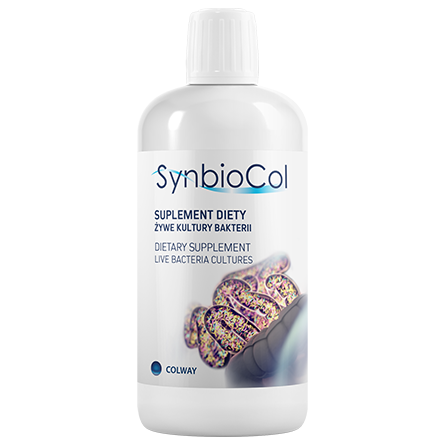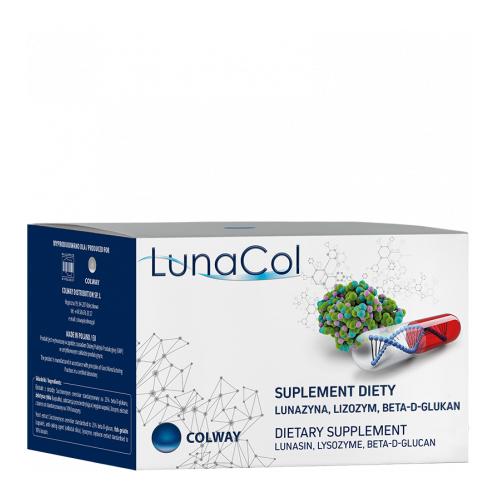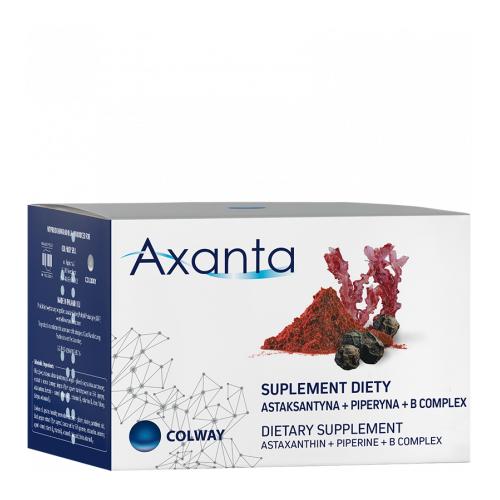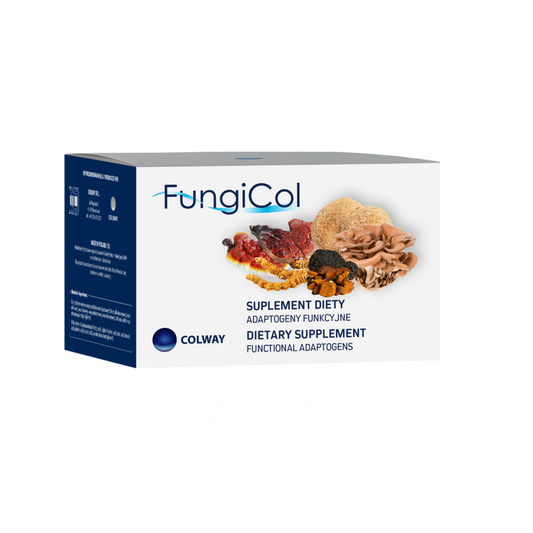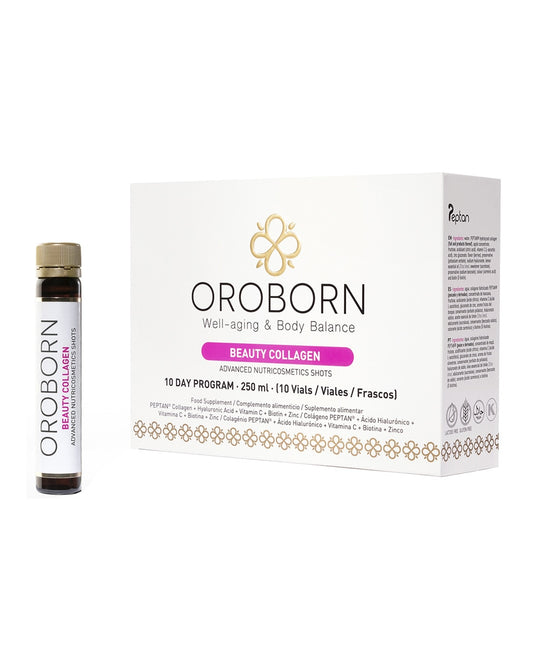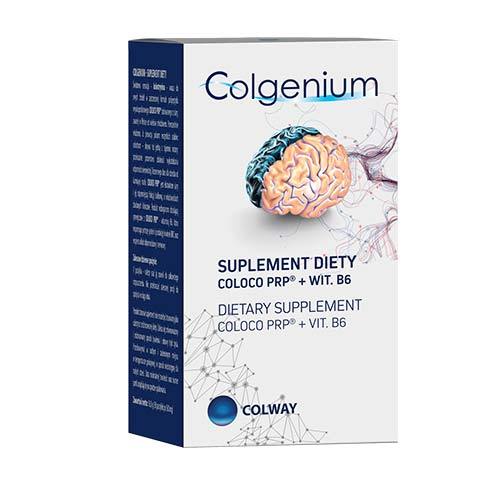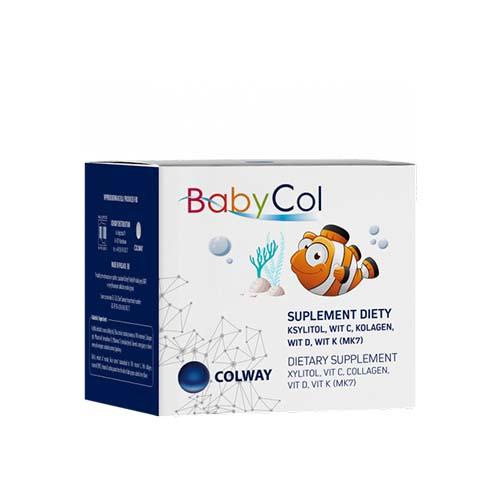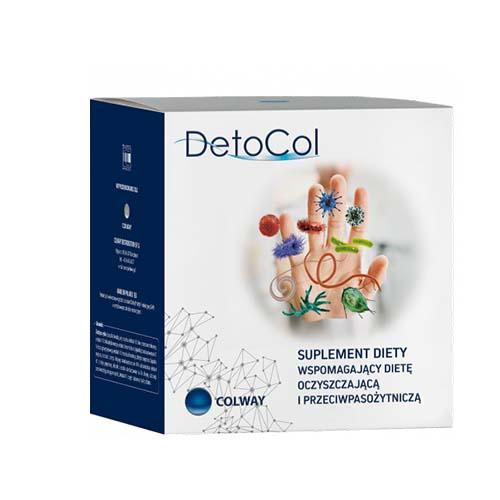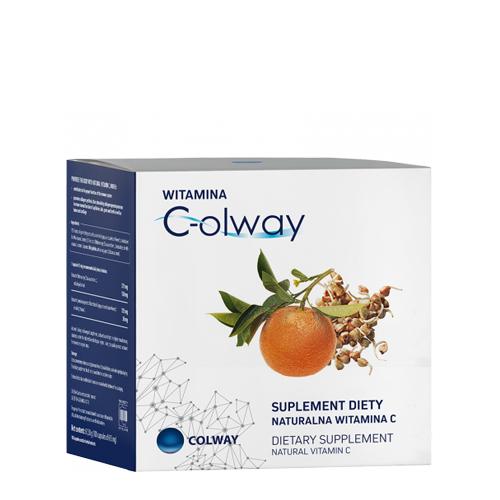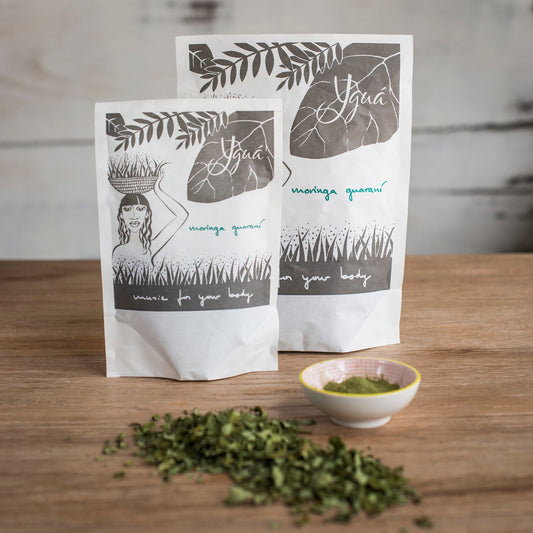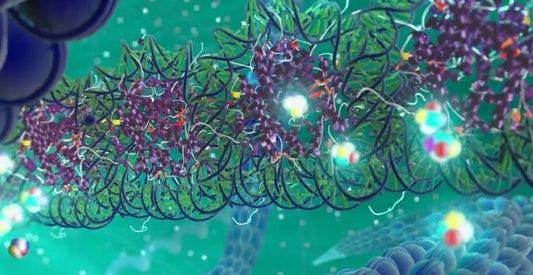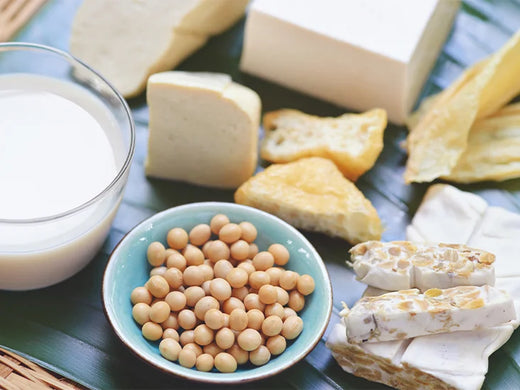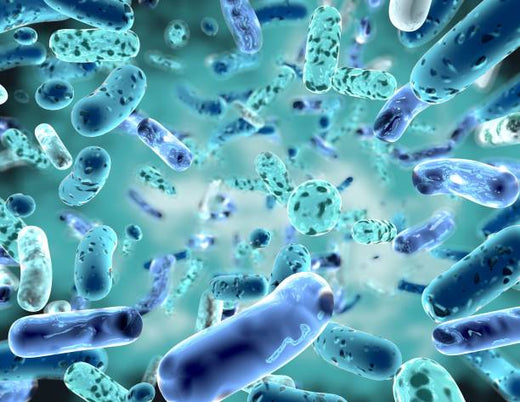Did you know that collagen is the most common substance in the body, after water? It is the main structural protein of connective tissue, comprising more than 70% to 75% of the skin and 25% to 35% of the protein content of the entire body.
Collagen is responsible for regenerating cells in the body. It gives skin its elasticity, hair and nails its strength, and keeps tissues, cartilage, and muscles connected for healthy, flexible joints. As we age, the body slows down the natural production of collagen. This becomes apparent as the skin begins to thin or "sag" and wrinkles begin to form. Natural elements like the sun and pollutants can also degrade collagen stores.
The good news is that the body has the remarkable ability to repair and regenerate collagen levels with the help of topical treatments, supplements, and lifestyle changes. Of course, choosing "clean" and healthy foods is also essential to improve and stimulate collagen production.
Hippocrates said, "Let food be your medicine." This is exceptional advice to keep in mind when considering optimal nutrition. The key is to enjoy a wide variety of colorful vegetables and fruits, as well as organic or wild-caught fish and nuts (all pro-collagen foods to bet), while avoiding sugar-laden processed foods that can contribute to Degradation. of collagen and poor health in general.
To help keep your skin plump and youthful, here's an overview of some of our favorite collagen-boosting foods.
1. Citrus fruits
Vitamin C is the superhero of vitamins and has a fundamental role in the production of collagen. Vital for scavenging free radicals that can damage healthy cells throughout the body, vitamin C is the only antioxidant that can also increase collagen synthesis. Add plenty of vitamin C-rich fruits like lemons, limes, oranges, and grapefruit to your diet, every day.
2. Fish (wild or organic)
Fish is supercharged with omega-3 fatty acids, which contribute to the formation of healthy and robust cells. Vigorous cells are the life blood of the skin's support structure.
3. Dark green vegetables
Vegetables like kale, broccoli, and spinach can dramatically increase collagen production. They will also help prevent collagen damage due to free radicals such as smog, dust, cigarette smoke, and excessive sun exposure.
4. Beans
Although these gorgeous pods are dark green vegetables, green beans deserve a spotlight of their own. Green beans are a natural source of hyaluronic acid, known to keep skin hydrated, plump and plump, and will speed up collagen production. Remember to add bean sprouts to your salads and stir-fries; they are also a superfood that stimulates collagen.
5. Red vegetables
Research tells us that certain red vegetables contain an antioxidant called lycopene. Get this precious collagen booster from beets, bell peppers, and tomatoes, to name a few. Lycopene is touted to offer protection from the sun's rays, while increasing collagen levels and protecting the skin from further damage.
6. Orange vegetables
Orange, are you happy to eat sweet potatoes and carrots? They are very rich in vitamin A, which plays an important role in cell renewal and skin repair. It's also worth noting that certain orange-colored fruits, such as mangoes and apricots, are excellent sources of beta-carotene, which the body then converts to vitamin A.
7. Berries
Berries are a fabulous skin-enhancing food. From deep purple, blue to red, its nutrients help the body produce collagen. They're also packed with skin-friendly, inflammation-fighting antioxidants.
8. Garlic and olives
Over the centuries, sulfur was reported to have been used to treat conditions such as dermatitis and dandruff. Today, sulfur has been shown to possess many health-enhancing benefits. Eating sulfur-rich foods like garlic helps increase collagen production in your joints and skin, and helps repair damaged collagen fibers. Black and green olives, also rich in sulfur, contribute to the formation of collagen.
9. Eggs
Healthy proteins are essential for the body to flourish and eggs supply two of the most essential amino acids in collagen production; lysine and proline. Eggs are also abundant in sulfur (as discussed in #8), a trace mineral necessary for collagen production.
10. Pineapple
Eating pineapple and drinking its juice helps the body synthesize collagen, promoting toned and luminous skin, while vitamin C and the enzyme bromelain contribute to cell and tissue repair.
11. Avocado; Avocado oil
You can never go wrong if you add avocados to your diet and add avocado oil to salads. Nutrients like vitamin E, potassium and lecithin will strengthen the skin and increase cell production.
12. Pumpkin seeds
Pumpkin seeds are packed with zinc, another important mineral that aids in the collagen synthesis process. Research has shown that zinc supplementation can help slow the rate of natural collagen breakdown, suggesting that zinc-rich foods can do the same. Walnuts are also a great source of the amino acid lysine, essential for the collagen production process.



















































































































